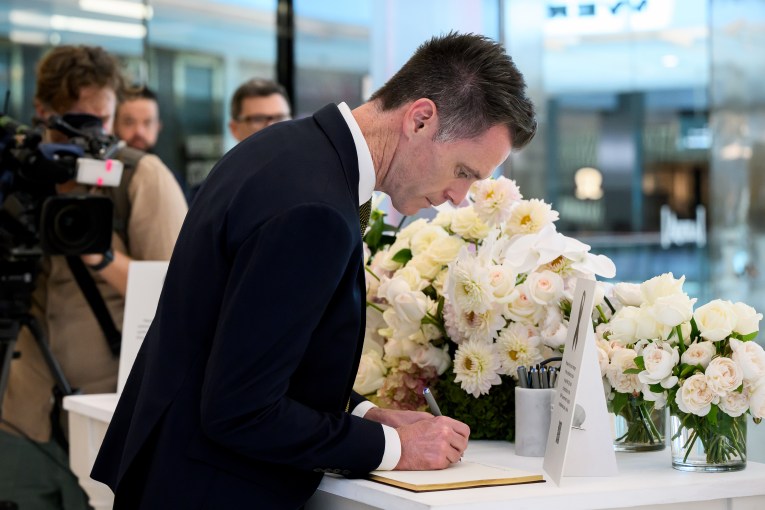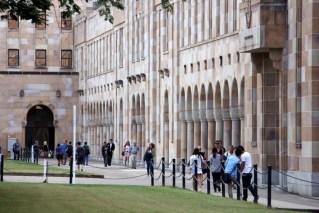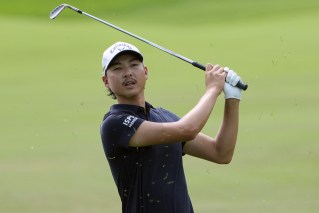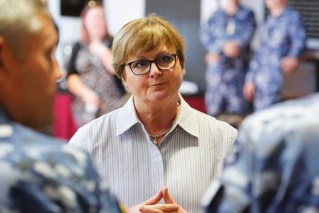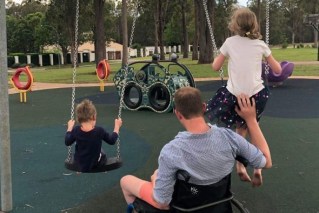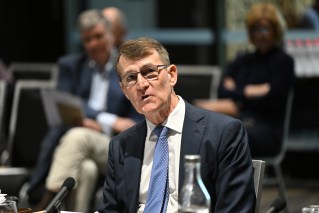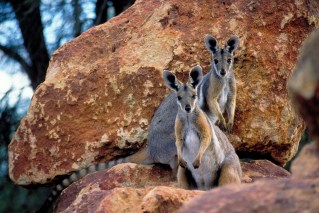On heels of UQ vaccine breakthrough, high hopes for ‘significant’ US drug
Just hours after University of Queensland researchers announced a breakthrough in their hunt for a COVOID-19 vaccine, US authorities have revealed a drug that is delivering promising results in treating the deadly virus.
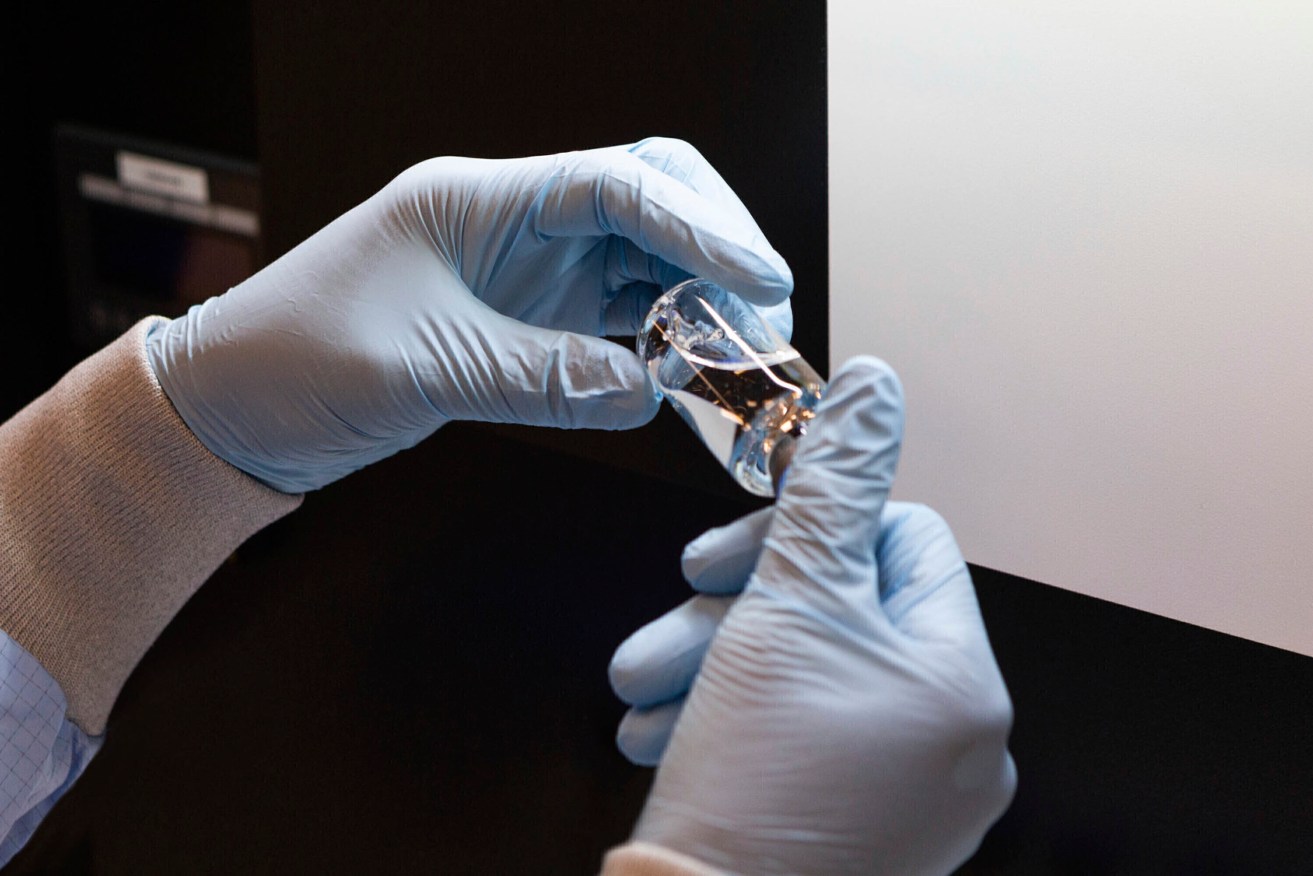
Wastewater testing can identify virus infections weeks before symptoms present themselves.
The United States’ top infectious disease official says experimental antiviral drug remdesivir will become the standard of care for COVID-19 after early results from a key clinical trial showed it helped patients recover more quickly from the illness caused by the coronavirus.
Preliminary results from a US government trial showing that patients given remdesivir recovered 31 per cent faster than those given a placebo, were hailed by Dr Anthony Fauci as “highly significant”.
“This is really quite important,” Fauci told reporters at the White House, likening it to a moment in 1986 “when we were struggling for drugs for HIV and we had nothing”.
“This will be the standard of care,” he said.
The National Institute of Allergy and Infectious Diseases, part of the National Institutes of Health, said partial results from its 1063-patient trial show that hospitalised COVID-19 patients given remdesivir recovered in 11 days, compared to 15 days for patients given a placebo.
The study showed a trend toward better survival for remdesivir – 8 per cent of patients given the drug died compared with 11.6 per cent in the placebo group.
Earlier this week, the University of Queensland reported a major development in finding a coronavirus vaccine. The Coalition for Epidemic Preparedness Innovation tasked UQ with developing a vaccine using molecular clamp technology that has now undergone pre-clinical testing at the Peter Doherty Institute for Infection and Immunity.
UQ project co-leader Professor Paul Young said the results demonstrated the vaccine’s potential and allowed the team to continue fast-tracking research and development.
“We were particularly pleased that the strength of the antibody response was even better than those observed in samples from COVID-19 recovered patients,” Young said.
The hope is that a vaccine can be developed by early next year, ready for production and distribution, subject to sensitive, complex and commercial negotiations. It is expected that health workers will be among the first to benefit, however much will depend on how the pandemic changes over the coming months – and where Australia is positioned.
Queensland announced another case of COVID-19 overnight, from a cruise ship passenger returning from mandatory quarantine in Victoria. The state’s Chief Health Officer, Jeannette Young, said maintaining a low rate of transmission would eventually allow bans to be lifted and restrictions to be eased.
With governments now debating how to support daily life during the pandemic, and ultimately facilitate a rebounding economy, Prime Minister Scott Morrison said Australia did not want to win the battle against COVID-19 but lose the economic war.
“If we were to consider our success on COVID-19 as just having a low number of cases that’s not good enough,” Morrison said today.
Australia’s health system is being bolstered to cope with any increase in cases and 2.8 million people have downloaded the COVIDSafe app to allow faster contact-tracing. However, to prevent outbreaks, global travel will remain restricted for some time, and a vaccine is seen as the best hope of halting the pandemic.
University of Melbourne Professor Kanta Subbarao, from the Doherty Institute, tested samples provided by the UQ team. He said the results were similar to early progress with SARS vaccine candidates which were shown to work.
Nobel Prize-winning immunologist Professor Peter Doherty, for whom the institute is named, today described the early results as “exciting”.
The UQ vaccine candidate is only one of many under development, but Doherty said there was no need to pick a winner. He cautioned, however, that the need to distribute vaccines globally would require Australia to maintain positive trade relations or have the capacity to manufacture locally.
There are renewed tensions between Australia and China over calls for an investigation into the origins of the novel coronavirus. Morrison said a thorough review of the initial outbreak was a “reasonable and sensible approach” and he would not be drawn on the backlash from China.
“Australia will do what is in our interest and the global interest,” Morrison said today.
Doherty sought to remind stakeholders that Australia is “at the end of every supply chain,” as had been shown by the pandemic-related trade disruptions and potentially future vaccine development.
“If we have a vaccine that can be made here, and produced in substantial quantities quickly, that’s a big winner for us,” Doherty told InQueensland.
Another renowned immunologist, cervical cancer vaccine co-creator Professor Ian Frazer, was confident Australia could rise to the challenge.
“This is a great opportunity for Australia to demonstrate it has the capacity to do both the science and the production,” Frazer told InQueensland.
Frazer said it was likely there would be multiple vaccines developed, using different methods and technologies, but that immunising billions of people would require “quite a big effort”.
“There is little or no spare vaccine manufacturing capacity globally and we will need to divert existing capacity and also ramp up at the same time,” he said.
Frazer said Australia had the expertise, and world-renowned quality and safety standards, to commercialise, manufacture and distribute more locally-developed pharmaceutical products. Existing production facilities, including in Brisbane, could be expanded to not only meet COVID-19 demands but also position Australia as a future supplier of pandemic vaccines for the domestic market as well as customers in South-East Asia and the Pacific.
“I am sure that our governments are thinking quite seriously about that,” said Frazer, who is also affiliated with UQ.
Before initiating a clinical trial, the UQ team will need to test on multiple animal models, through a partnership with Dutch company Viroclinics Xplore. Those results are expected in early June and Doherty said everything appeared to be going to plan.
“It’s gone into ferrets and the results have been very encouraging so the next step is to get it into primates and just make sure there are no potential safety issues for humans,” Doherty said.
Governments are financially supporting the UQ research. Other commercial partners on the project include Swiss company Lonza, American companies Thermo Fisher Scientific and Syneos Health, with support also provided by American company Dynavax, British company GSK and Australian powerhouse CSL/Seqiris.
Doherty suggested CSL/Seqiris – the formerly government-owned vaccine and plasma fractionation company – may be the key to Australians securing early access to protein-based COVID-19 vaccines such as that being developed by UQ.
